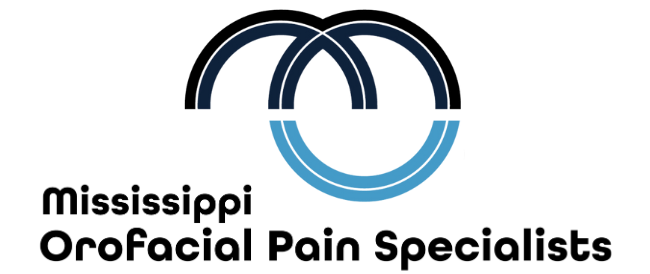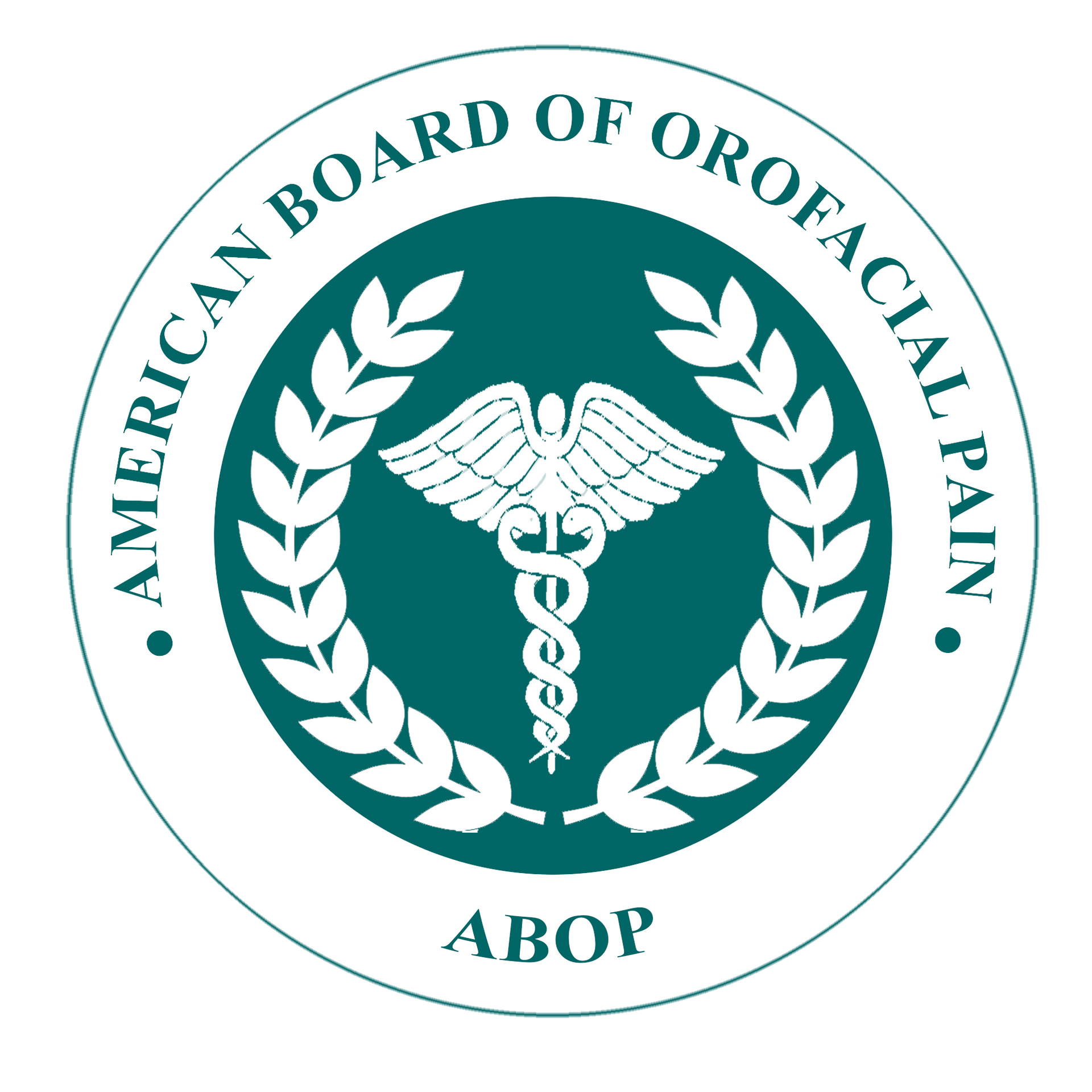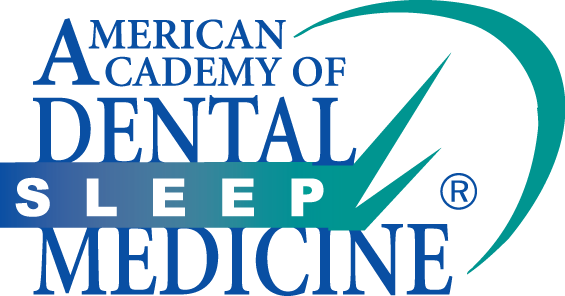Frequently Asked Questions Regarding TMJ Disorders, Headaches, and Orofacial Pain
What Is Orofacial Pain?
The field of orofacial pain concerns the prevention, evaluation, diagnosis, treatment, and rehabilitation of orofacial pain disorders. At present, orofacial pain encompasses:
- Temporomandibular Joint Disorders
- Masticatory Musculoskeletal Pain
- Cervical Musculoskeletal Pain
- Neurovascular Pain
- Neuropathic Pain
- Sleep Disorders Related to Orofacial Pain
- Orofacial Dystonias
- Headaches
- Intraoral, Intracranial, Extracranial, and Systemic Disorders That Cause Orofacial Pain
What Is an Orofacial Pain Specialist?
The American Board of Orofacial Pain (ABOP) presents to the public Diplomates who have been certified through a rigorous, validated, psychometric testing process as having demonstrated an exceptional level of competency in orofacial pain. Only approximately 250 orofacial pain specialists worldwide are board-certified by the American Board of Orofacial Pain. In Mississippi, Dr. Paul Riley is the only dentist in private practice who is board-certified by the American Board of Orofacial Pain. Requirements for board certification are explained on the board's website (www.abop.net).
Is My "Bad Bite" the Cause of My TMJ Pain?
The short answer is "probably not". Current, evidence-based scientific studies suggest that the bite (how our teeth fit together) has little effect on the onset and development of temporomandibular disorders (TMD).
Why Not Operate on My Temporomandibular Joint and "Fix" It?
The outcome of temporomandibular joint surgery is not as predictable as that of other joints in the body, partly due to the complexity of the nervous system in the head and neck region. Failed temporomandibular joint surgery can result in severe, uncontrollable pain for a lifetime. The clinical practice guidelines for TMJ surgery of the American Association of Oral and Maxillofacial Surgeons state that TMJ surgery is only indicated when non-surgical therapy has been ineffective and is not indicated for asymptomatic or minimally symptomatic cases. Indications for surgery include moderate to severe pain or dysfunction that is disabling. It is the professional opinion of Dr. Riley and other orofacial pain specialists that surgery is not the answer to treating temporomandibular joint disorders. Non-surgical treatment methods should be exhausted before considering surgery.
Is It Okay to Wear a Soft-Bite Guard Purchased From a Drugstore?
There are multiple risks associated with wearing prefabricated soft bite guards, especially with the "boil and bite" versions. Because these bite guards are spongy, they encourage the patient to chew on them like a piece of gum, aggravating already painful jaw muscles. Soft bite guards allow teeth to shift, creating spaces between the teeth where food packs, causing periodontal (gum) disease and tooth decay. Advising a patient with painful jaw symptoms to boil and bite into a soft mouth guard is malpractice on the doctor's part because patients have no idea of what constitutes the correct bite for the particular diagnosis. The wrong bite will place damaging pressure on the temporomandibular joint, compounding the problem. If a dentist or physician recommends that a patient wear a soft bite guard, that doctor should be prepared to reimburse the patient for the necessary dental treatment to reverse the damage caused by the soft bite guard.
Are you ready to learn how we can help alleviate your headaches and earaches?
Contact us today at
769-567-2555 to schedule a consultation or explore our FAQ section for additional information. Your path to relief starts here.










